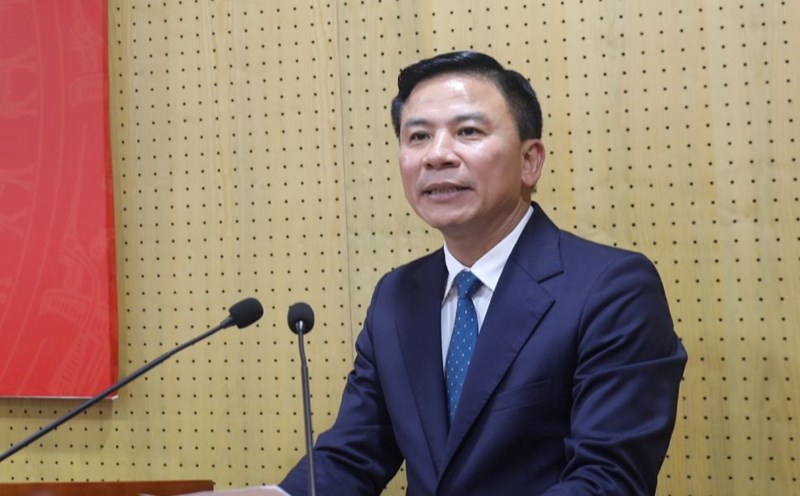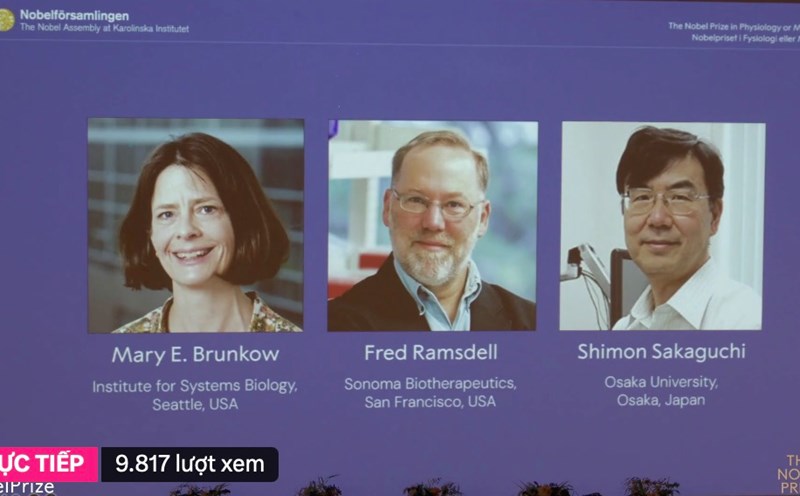The Nobel Prize - the highest symbol of scientific, literary and peaceful achievements - entered the season of announcing new results from October 6. Although the nomination list has been kept secret for 50 years, experts are still enthusiastically predicting inventions that can be named.
This year, there are at least 5 global breakthrough projects considered "bright certificates", contributing to changing the foundation of medicine, technology and the way people understand themselves.
1. Ozempic weight loss drug opens a new era for medicine
diabetes and obesity treatment drugs using the hormone GLP-1, typically Ozempic, have revolutionized the medical field. Thanks to the mechanism of controlling blood sugar and reducing cravings, this group of drugs opens up hope for 1/8 of the world's population living with obesity.
The three scientists Svetlana Mojsov, Joel Habener and Lotte Bjerre Knudsen are pioneers in the development of the active ingredient semaglutide, which helps millions of people control their weight. All three received the Lasker-DeBakey 2024 award, which is often considered a stepping stone before Nobel.
2. quantum computer - the computing revolution of the future
Physicists David P. DiVincenzo and Daniel Loss are leading candidates for the Nobel Prize in Physics for their foundational contributions to quantum computers. Their work on qubits - the basic unit of quantum data - has been cited nearly 10,000 times, paving the way for a super-powerful computing era that could completely change the way humans process information.
3. therapy to save the life of patients with cyst
Three scientists, Michael J. Welsh, Paul Negulescu and Jesus Gonzalez, have turned cystitis - once considered a death sentence - into a manageable condition. By detecting and repairing disease-causing proteins in the lungs, the research team developed a drug that helps patients live almost normally. They have just been awarded the Lasker-DeBakey 2025.
4. Revolution in understanding the intestinal microflora
Professor Jeffrey Gordon (University of Washington, St. Petersburg). Louis) is a pioneer in the study of the gut microbiome - home to thousands of billions of bacteria that directly affect human health. His work helps to clarify the link between gut bacteria and malnutrition in 200 million children, and paves the way for nutritional solutions to improve global health.
5. Decoding new-generation genes - shrinking the map of life
The next-generation DNA Sequencing technology developed by three scientists Shankar Balasubramanian, David Klenerman and Pascal Mayer has shortened the time to decoding humanesecs from a few months to just one day, costing just a few hundred dollars.
Thanks to that, doctors can faster identify the genetic cause of the disease, opening an era of personalized medicine - a promising field for the Nobel Prize in Chemistry.











